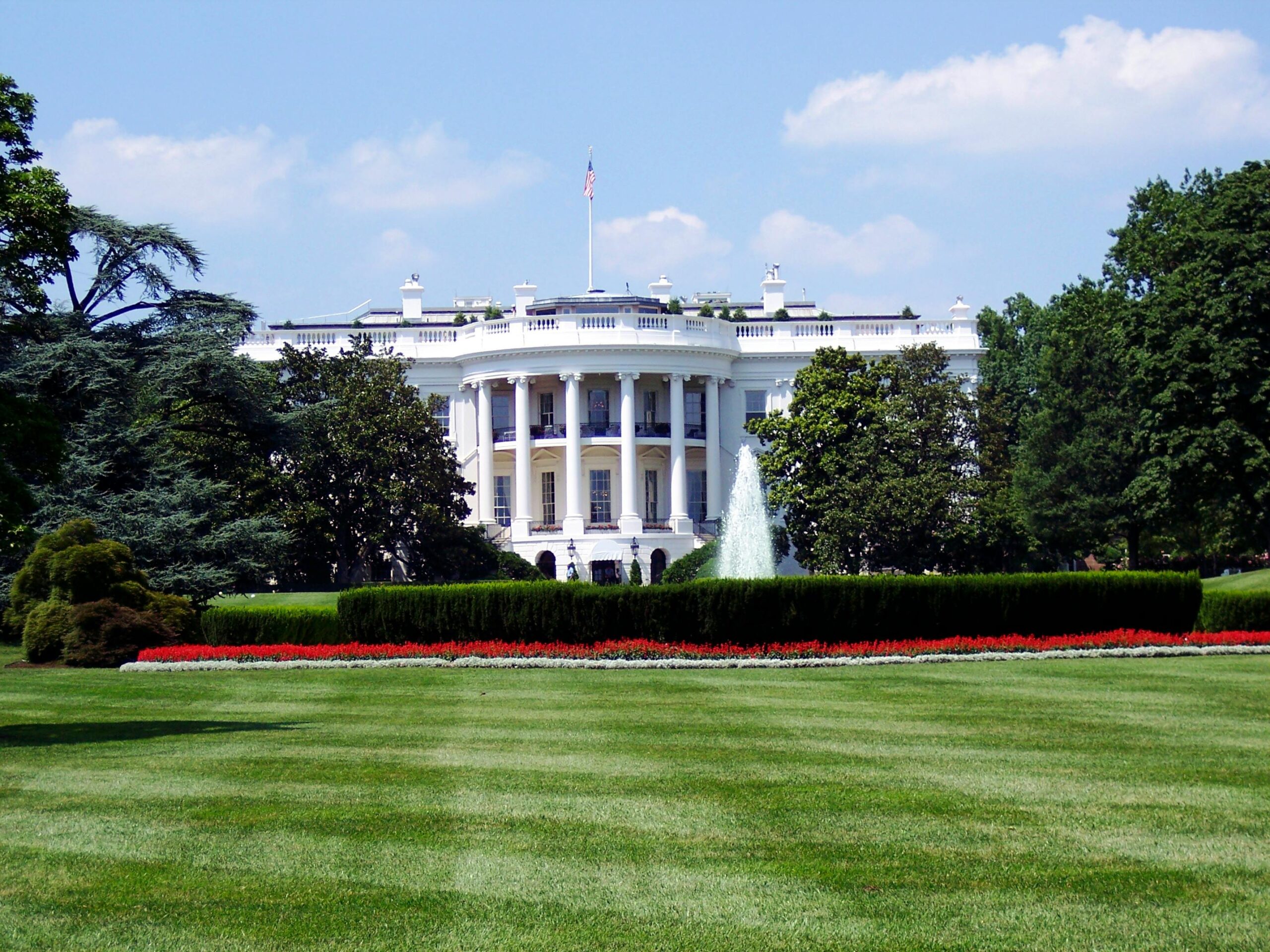IHEP Statement on President Biden’s FY25 Budget Proposal
Published Mar 12, 2024
WASHINGTON, DC (March 12, 2024) – Institute for Higher Education Policy (IHEP) President & CEO Mamie Voight released the following statement regarding the Biden-Harris Administration’s 2025 budget proposal:
“All people, no matter their race or background, income level or life experience deserve the opportunity to earn a degree that boosts their career prospects and helps them reach their full potential. When more people earn high-quality degrees it pays dividends for individuals, families, and communities today and for generations to come. The Biden-Harris administration’s 2025 budget proposal includes meaningful investments in programs and infrastructure that help more people – especially students living with low and moderate incomes – gain access to and succeed in postsecondary education.
“The proposal includes a bold investment in the Pell Grant program, the cornerstone of our student aid system, by boosting the maximum award by up to $750. This increase acknowledges the evolving landscape of higher education costs and we hope any funding proposals build on this investment.
“The proposed $93 million increase in investments for Historically Black Colleges and Universities, Minority-Serving Institutions, Tribally Controlled Colleges and Universities, and community colleges will boost institutional capacity to serve students historically underrepresented in postsecondary institutions. And deepened investment in the Fund for the Improvement of Postsecondary Education would provide $100 million to the Postsecondary Student Success Grant program which supports evidence-based activities to improve student success.
“In addition to these vital investments, we implore lawmakers to augment funding for high-quality, disaggregated postsecondary data to promote evidence-based decision-making. The National Postsecondary Student Aid Study (NPSAS) and companion sample studies are indispensable tools for understanding trends in student aid, students’ ability to pay for college, postsecondary enrollment, and students’ progress through college. Lawmakers must maintain the collection frequency of conducting the full-scale NPSAS, including student interviews, every four years, rather than extending it to every six years, as proposed in the budget. These data shed light on student experiences and can help policymakers shape a more equitable postsecondary system.
“Stronger investments in need-based student aid, supports for evidence-based completion, and enhanced postsecondary data will help more students realize the promise of postsecondary education. IHEP stands ready to collaborate with Congress and the Biden-Harris administration to turn this vision for investments in our students and postsecondary institutions into reality.”
###


